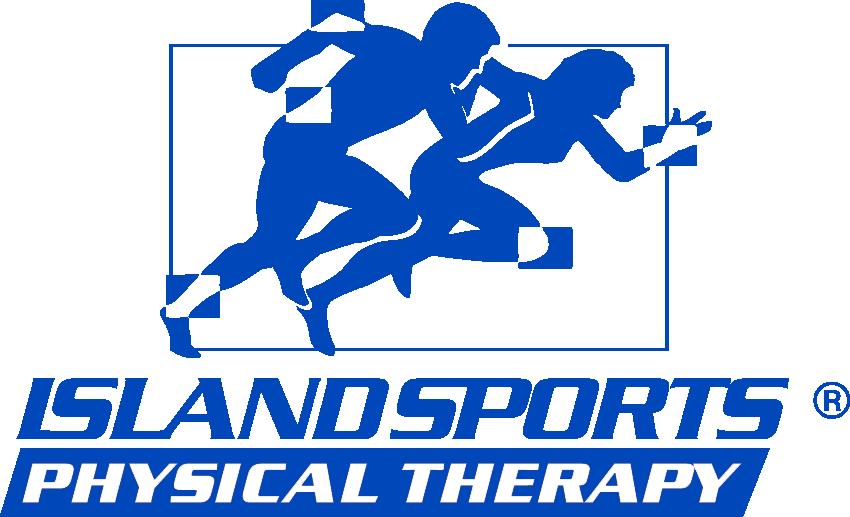Diagnosis and Treatment of Hip Dysplasia

Diagnosis and Treatment of Hip Dysplasia
The hips are critical for nearly every movement you make. When your hips are in pain or injured, it can be impossible to ignore. Hip dysplasia is a common abnormality of the hips that can cause several issues throughout one’s lifetime. Navigating life while suffering from symptoms of hip dysplasia can be challenging. At Island Sports Physical Therapy, we provide patients with quality treatment to help them towards a path of comfort. Continue reading to learn more about the diagnosis and treatment of hip dysplasia.
What Is Hip Dysplasia?
Hip dysplasia is a common abnormality in the hip joint where the bones in the joint do not fit together properly. The hip joint is a ball and socket system that attaches the femur to the pelvis, and in people with hip dysplasia, the femoral head doesn’t line up with the socket in the pelvis. Hip dysplasia can cause damage to the cartilage and cause pain and instability in the joint. Most people with this condition were born with dysplasia. Some of the signs and symptoms of hip dysplasia may include:
- Unequal leg lengths.
- Pain in the hip joint.
- Unstable or loose hip joint.
- Limping.
Diagnosing Hip Dysplasia
Early detection is a crucial factor in treatment in infants, and screenings for this condition should occur during all postnatal exams. Detection is equally vital during adolescence and adulthood. A physical evaluation should be performed to assess the hip’s range of motion at the onset of hip pain or discomfort in an adolescent or adult. In adult hip dysplasia in the early stages, the hip may have a normal range of motion.
Discomfort and pain may occur in the hip when the leg is moved away from the body or moved from a bend to an extended position. The patient may develop a limp or uneven leg as the condition worsens, and it can become more difficult to rotate the thigh away from or towards the body. In order to clarify and confirm the results of the initial physical examination, imaging tests may be necessary.
Treatment for Hip Dysplasia
Treatment for hip dysplasia is aimed to keep the femoral head in contact with the socket. Our team will determine the best course of treatment based on your individual needs and the severity of your particular case. In the early stages of mild adult or adolescent hip dysplasia, treatment is generally more conservative while the patient is continually observed for any changes or progression of their condition.
An orthopedist may prescribe medication and administer steroid injections to reduce pain and inflammation in the hip. You can also use a walking aid to decrease force on the hip joint. Physical therapy can also help strengthen the muscles around the hip and increase the joint’s flexibility and strength. In more severe cases, surgical treatment may be necessary. Some surgical treatment options for hip dysplasia can include:
- Hip arthroscopy – Some patients may benefit from the less invasive hip arthroscopy. During this procedure, the orthopedic surgeon inserts a small camera into the joint and uses smaller surgical instruments to repair the damaged joint.
- Osteotomy – Osteotomy procedures of the femur or pelvis are considered to be a joint preservation surgery. The goal of these procedures is to improve the function of the person’s natural hip.
- Hip replacement – Older patients or patients with significant cartilage damage may decide to undergo hip replacement surgery. This procedure involves replacing the joints in the hip with an implant made out of varying materials.
If your physician recommends surgery, post-surgical rehabilitation will be necessary for your long-term recovery. The team here at Island Sports Physical Therapy, has helped Long Islanders rehabilitate post-hip surgery since 1985.
Contact Island Sports Physical Therapy
When your hip pain becomes intolerable and interferes with your daily life, you should not hesitate to seek treatment. At Island Sports Physical Therapy, our multidisciplinary staff can provide you with quality treatment to help you regain your health and mobility. Contact our office today to learn more about treatment for hip dysplasia or to schedule an appointment.
